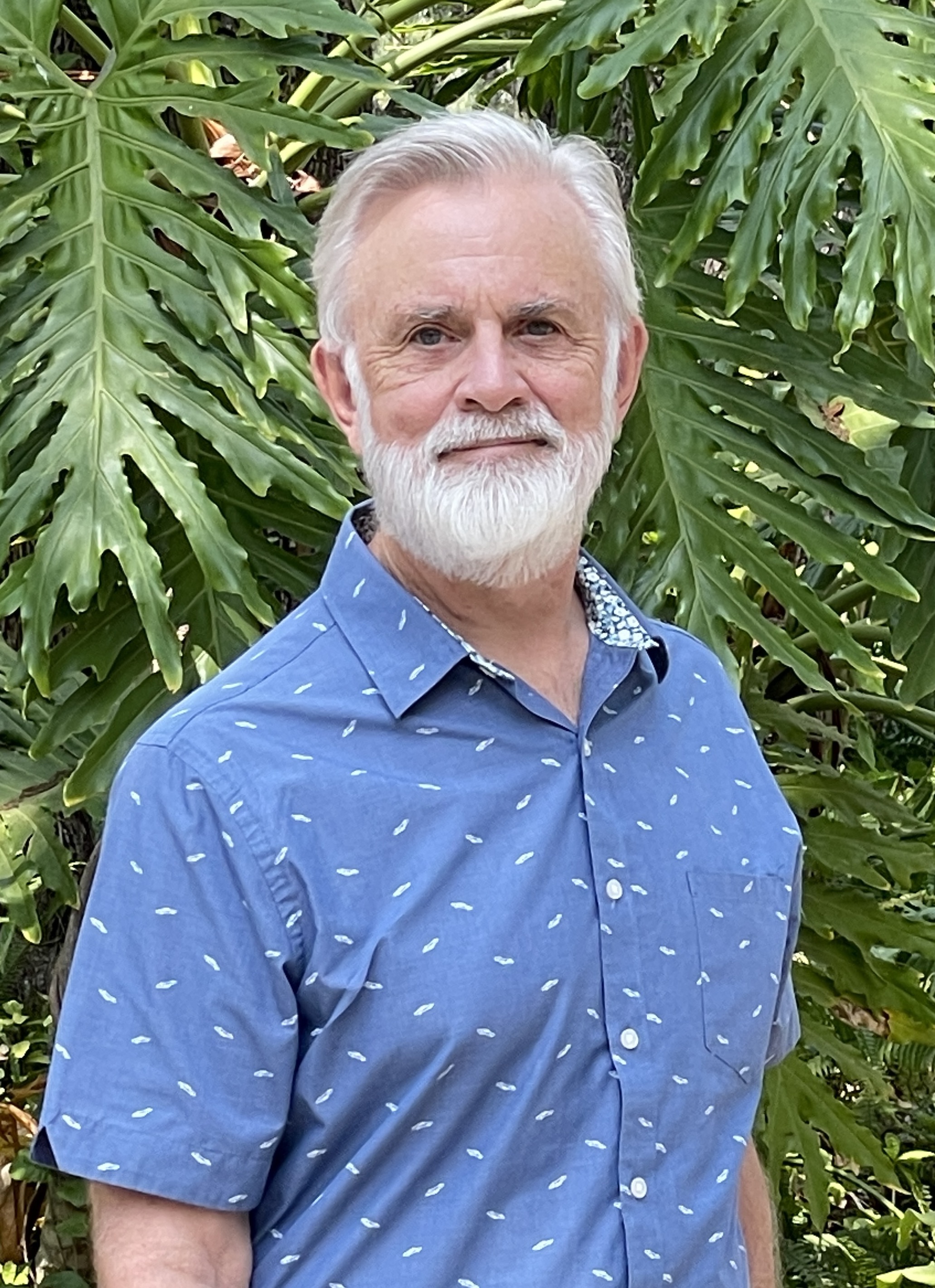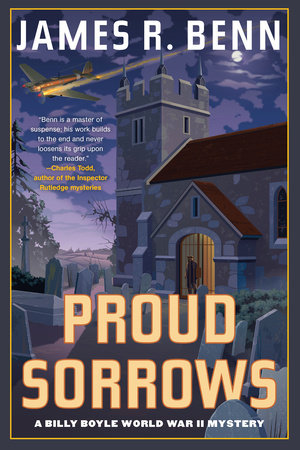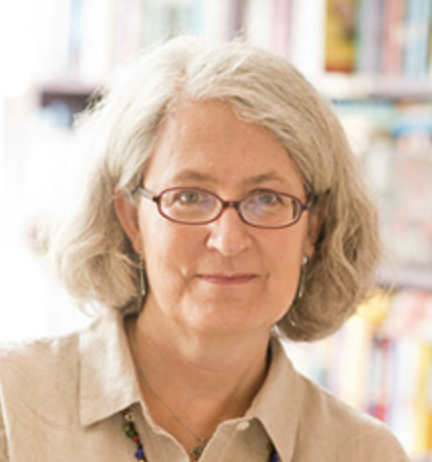
Proud Sorrows is the 18th novel in James R. Benn’s Billy Boyle series. Set during WWII, the series features U.S. Army Captain Billy, the nephew of Dwight Eisenhower, who is sent all over the place on special assignment by his uncle. Benn’s meticulously plotted and suspenseful books are always full of historical detail and character development with a great mystery at the center. In Proud Sorrows Billy is, theoretically, getting some much needed R & R with his sweetheart Diana, though what he actually gets, of course, is a mystery. A crashed German bomber is found off the coast with a British officer inside, and the discovery sets off further murder and trouble for the military and the small English village nearby.
Read on to hear about Benn's inspiration for his new novel, a fascinating amalgam of Dorothy L. Sayers, ghostly fighter planes, and lost treasure, plus a sneak peek and what's to come in installment 19.
Robin Agnew for Mystery Scene: This series has such an interesting and unusual premise, and it gives you latitude to look at a lot of different aspects of WWII. How did you come up with the concept of Eisenhower’s nephew as your main character?
James Benn: When I was planning out the first book, I wanted exactly the kind of latitude you bring up. Having Ike be Billy’s uncle, as well as superior, allowed me to send Billy anywhere General Eisenhower wanted him to go. That also gave a junior officer a lot of authority, and I enjoy the tension that brings when Billy encounters senior brass who resent his interference. And having a familial connection provides important texture to the relationship. In the first few books especially, Billy is driven by a desire not to disappoint Uncle Ike.
 I recently read your essay on Dorothy L. Sayers and the influence she’s had on your work. Can you talk about that influence in this novel, which is truly a village mystery?
I recently read your essay on Dorothy L. Sayers and the influence she’s had on your work. Can you talk about that influence in this novel, which is truly a village mystery?
DLS brought me into the crime fiction universe. When I decided to give Billy and company some leave (finally!), I decided it made sense to bring them to Sir Richard’s Seaton Manor. But I’d forgotten where I’d placed it, so I had to go back to the first book and look it up. Lo and behold, it was smack dab in The Nine Tailors country of Dorothy L. Sayers. She grew up there, and it was the setting of one of the best Lord Peter Wimsey stories. So her ethos became part of the book, and even more so when I discovered that, historically, the actor (and then captain in the Royal Armoured Corps) Ian Carmichael could be inserted into the plot. What more can a mystery writer ask for?
In your book a character suffers from what we today would acknowledge as PTSD. How was that kind of thing dealt with (or not) in the '40s?
Much better in the 1940s of WWII than in the First World War. The character is the only man in the village to have come back from the trenches of 1918, and he is likely to have received no medical care while in the service. The British had a category for men who suffered from what was then called "shell shock"—it was LMF (lacking moral fiber).
This novel centers on a very particular geographical location, which, thanks to the tides, reveals the wreckage of the fighter plane at the heart of the mystery. Can you talk a bit about the inspiration for both the wreckage and the location?
I’d long been fascinated by the Maid of Harlech, an American fighter plane that crashed off the coast of Wales. Over the decades, it has appeared and then disappeared as the sands and tides washed over it. I’d tucked that away to use and decided this was the book for it, but I had to shift the location to the east coast of England, in Norfolk, at one end of the Wash.
The Wash is a tidal estuary with strong, swift tides, even better at burying and revealing an airplane. When I realized I had Seaton Manor located close by, I knew I had the makings of a story. In my tale, it’s a German bomber, and what is found inside kicks off the mystery.
You also reference missing crown jewels, dating back to King John. What’s the story there? What should readers know about it?
Most people probably don’t. King John (the bad king from the Robin Hood tales) was putting down revolts, and traveling, as monarchs did in those days, with his crown jewels. That treasure included not only his crown and jewels, but gold goblets, crosses, and other valuables. He was in a hurry and decided to use a shortcut across the Wash when the tide was out. His guides miscalculated, and the baggage train, treasure, and men, were swept away. People are still hunting for it.
 I thought the relationship between Billy and his love interest Diana is interesting in this novel. They’re actually getting to spend time together after being apart—and it does not go so smoothly. Tell us more about about this developing friendship/romance?
I thought the relationship between Billy and his love interest Diana is interesting in this novel. They’re actually getting to spend time together after being apart—and it does not go so smoothly. Tell us more about about this developing friendship/romance?
I’m trying to develop a realistic love story here, and it is difficult for them to see a vision for their future together now that the war seems to be nearing its final stages. Will Billy stay in England? Would Diana be happy in Southie? Earlier on, when they were living on a knife’s edge, it was easy to be passionate. Now they have to deal with the notion that they might just both survive. Then what?
Was there really a camp for high-ranking Nazi officers in King’s Lynn in West Norfolk, England? I know the British had prisoners of war, but reading about this camp was something new to me.
No, the facility at Marston Hall is fictional, but the interrogations that went on there are realistic and were found in POW camps everywhere. The Ritchie Boys were experts at playing the Germans, using psychological tricks and intimidations.
I loved the character of the local village vicar, who is really be well placed as far as knowing people’s secrets were concerned. He's such an interesting and compassionate character. Can you talk more about creating him?
I’ve had a number of secondary characters, like the vicar, who are staying on in their jobs beyond normal retirement because of the shortage of younger men, all off to war. He presented himself to me draped in melancholy, doing his best to serve his flock while not always approving of how they treated each other. (As shown at the funeral of David Archer.)
I love the way you’ve managed this long series, maintaining the same essential cast of characters, but keeping the books really fresh. What’s your method? How do you keep changing things up?
I try to vary the setting and theme of each book. I don’t want back-to-back books to be too much alike. I hope regular readers enjoy the change of pace and have a feel for exploring something new with the characters they’ve come to know. I think in a long-running series, readers want the familiar, but presented in new way. The same stuff, but different, each time. Tricky, that.
Do you have a favorite character in the series other than Billy? I am a fan of Big Mike, myself.
He’s so much fun. I won’t name favorites, not even Billy, but sometimes it’s the supporting characters who are the most fun to write. I just finished next year’s book, Phantom, which features David Niven. He almost stole the show.

Photograph of The Battle of the Bulge, December 16, 1944, taken from a captured Nazi. (Later changed to Public domain based on NARA archives.) Original version at NARA: catalog.archives.gov/id/12010184
What’s next for Billy and Kaz? Are they headed back into battle or on another dangerous assignment?
In Phantom (2024) they are in Paris working with the Monuments Men and a Counter Intelligence Corps agent named Jerome David Salinger. They’re on the trail of a gang trafficking in looted artwork, and while following leads near the front line, come into contact with a German offensive: the Battle of the Bulge.
What’s the most fun for you to write, suspense, battle scenes, character interactions...or all three? You excel at all of them.
Thank you. All are easy when I’m in the flow and have a strong sense of where the story is taking me. All are laborious when I’m struggling to put the pieces together.
Finally, hard question—do you have a favorite book in the series to date, or is it always the one you’ve just finished?
It’s definitely not the one I’m working on, because I am always positive that this is the one that’s going to fall apart and make no sense. I can’t save favorite, but the most recent always holds the most promise, so I’ll go with that.
Thanks so much for allowing me to blather on about all things Billy!
James R. Benn is the author of the Billy Boyle WWII mysteries. He has been a finalist for the Dilys, Barry, and Macavity awards. He lives on the Gulf Coast of Florida with his wife, Deborah Mandel, a retired psychotherapist who currently works as a copy editor and writer who offers him many insights, a good critical read, and much else. He’s a graduate of the University of Connecticut and received his MLS degree from Southern Connecticut State University. He is a member of the Mystery Writers of America and the Author's Guild. He worked in the library and information technology fields for over 35 years before retiring to write full-time.
 Robin Agnew is a longtime Mystery Scene contributor and was the owner of Aunt Agatha's bookstore in Ann Arbor, Michigan, for 26 years. No longer a brick and mortar store, Aunt Agatha has an extensive used book collection is available at abebooks.com and the site auntagathas.com is home to more of Robin's writing.
Robin Agnew is a longtime Mystery Scene contributor and was the owner of Aunt Agatha's bookstore in Ann Arbor, Michigan, for 26 years. No longer a brick and mortar store, Aunt Agatha has an extensive used book collection is available at abebooks.com and the site auntagathas.com is home to more of Robin's writing.


